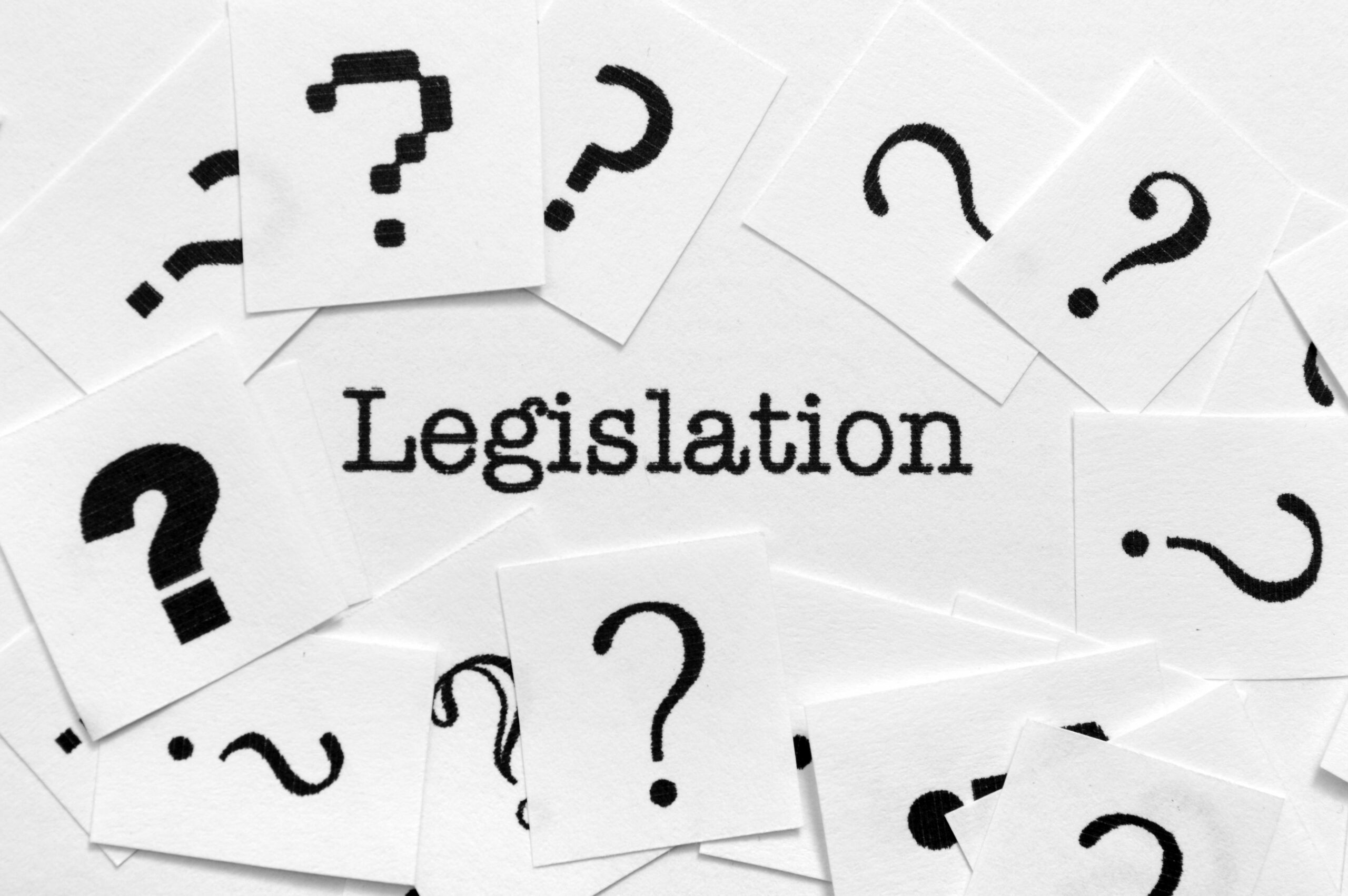“The bill offers infringers a plethora of new litigation tactics to harass all patent holders attempting to stop IP theft in court.” – Joint letter of IP organizations
 As the Senate Judiciary Committee gears up for an Executive Business Meeting Thursday where members will in part consider S.2774, the Pride in Patent Ownership Act, co-sponsored by Senators Thom Tillis (R-NC) and Patrick Leahy (D-VT), a number of patent advocacy organizations have sent a joint letter to the committee asking it to oppose the bill.
As the Senate Judiciary Committee gears up for an Executive Business Meeting Thursday where members will in part consider S.2774, the Pride in Patent Ownership Act, co-sponsored by Senators Thom Tillis (R-NC) and Patrick Leahy (D-VT), a number of patent advocacy organizations have sent a joint letter to the committee asking it to oppose the bill.
The Pride in Patent Ownership Act (PPOA) is seemingly intended to ensure that the public has access to information about the true owner of a patent. But critics of the bill have noted that it focuses on ownership of patents, and does not seek to provide true transparency by identifying those funding and benefiting from Patent Trial and Appeal Board (PTAB) challenges, for instance.
Senators Chris Coons (D-DE) and Mazie Hirono (D-HI) last year questioned the bill’s approach, which would entail penalizing patent owners who fail to record accurate ownership information within 90 days after the issuance date. Coons said at the time:
“I do want us to also be mindful about not inadvertently harming U.S. inventors or innovators in the process, and making sure we’re not weakening patent rights or creating administrative pitfalls for their proper enforcement…. I think we strengthen our global competitiveness when we find ways to advantage and strengthen the rights and opportunities for innovation here in the United States.”
The PPOA would require a patent owner to record updated ownership information with the U.S. Patent and Trademark Office (USPTO) when a patent changes hand. The information would be publicly available and searchable in a USPTO-maintained database. If patent owners fail to record information in a timely manner, they would not be eligible to obtain enhanced damages for willful infringement for the time period the information was not recorded. Leahy argued that the current system results in costly litigation just to discover who is accusing a party of patent infringement.
Hirono asked during the 2021 hearing why such a remedy as stripping a patent owner of the possibility of enhanced damages was necessary at all, since there are already incentives to record ownership, such as advantages against subsequent recordals of interest from good faith purchasers.
A Solution Searching for a Problem
Today’s joint letter was penned by the Alliance for U.S. Startups & Inventors for Jobs (USIJ), the Association of American Universities (AAU), the Association of University Technology Managers (AUTM), the Biotechnology Innovation Organization (BIO), the Innovation Alliance, and the Medical Device Manufacturers Association (MDMA). The organizations explained that the bill “is a solution in search of a problem that actually rewards willful infringement for intellectual property theft.”
The authors of the letter claimed that the effect of the bill will be to reward willful infringers by reducing the amount of damages a patent owner can recover because of record-keeping errors. It adds: “Though the legislation purports to target patent holders who are ‘bad actors’ in failing to record patent ownership transfers, the bill offers infringers a plethora of new litigation tactics to harass all patent holders attempting to stop IP theft in court.”
Overall, said the letter, the bill will only hurt startups, inventors and universities “by requiring a registry of all patent transactions that could serve in practice as a ledger of potential targets for infringers seeking to track developing technologies and attack them through frivolous challenges at the U.S. Patent and Trademark Office.”
Tomorrow’s meeting will begin at 9:00am.

![[IPWatchdog Logo]](https://ipwatchdog.com/wp-content/themes/IPWatchdog%20-%202023/assets/images/temp/logo-small@2x.png)

![[Advertisement]](https://ipwatchdog.com/wp-content/uploads/2024/04/UnitedLex-May-2-2024-sidebar-700x500-1.jpg)
![[Advertisement]](https://ipwatchdog.com/wp-content/uploads/2024/04/Artificial-Intelligence-2024-REPLAY-sidebar-700x500-corrected.jpg)
![[Advertisement]](https://ipwatchdog.com/wp-content/uploads/2024/04/Patent-Litigation-Masters-2024-sidebar-700x500-1.jpg)

![[Advertisement]](https://ipwatchdog.com/wp-content/uploads/2021/12/WEBINAR-336-x-280-px.png)
![[Advertisement]](https://ipwatchdog.com/wp-content/uploads/2021/12/2021-Patent-Practice-on-Demand-recorded-Feb-2021-336-x-280.jpg)
![[Advertisement]](https://ipwatchdog.com/wp-content/uploads/2021/12/Ad-4-The-Invent-Patent-System™.png)






Join the Discussion
3 comments so far.
Anon
December 12, 2022 05:39 pmMr. Conrad,
You are clearly talking to the wrong people, as all it takes to obtain a provisional is filing whatever you want to file.
On the other hand, if your desire is MORE THAN a provisional, then YES, any such filing should take the same degree of care and effort as a Non-Provisional.
Bob Conrad
December 12, 2022 03:25 pmPatents are already too difficult and expensive to obtain: I’ve tried repeatedly to get a Provisional patent for a device of my own design.
Note: I’m disabled, have no income to speak of, am over 60… also, the device is health and safety related, and helps protect against COVID (and other organism’s) transmission… Seems like it would be easy to get a “Provisional”… Nope. Money talks, and lots of it up front, in order to protect against idea theft, even for simple licensing.
The system is rigged, HARD, against the poor entrepreneur.
Pro Say
December 7, 2022 09:03 pmMy fellow inventors — if you haven’t already done so, for the good of us all — and indeed for America innovation — please call both of your Senators.
I’ve done so twice; once a day. And will continue to do so until this latest attack on all innovators is buried in the grave it so justly deserves.
And ask your family members and friends to do the same.
As this latest attack demonstrates yet again, the infringers will never, ever give up.
We must continue to do likewise.